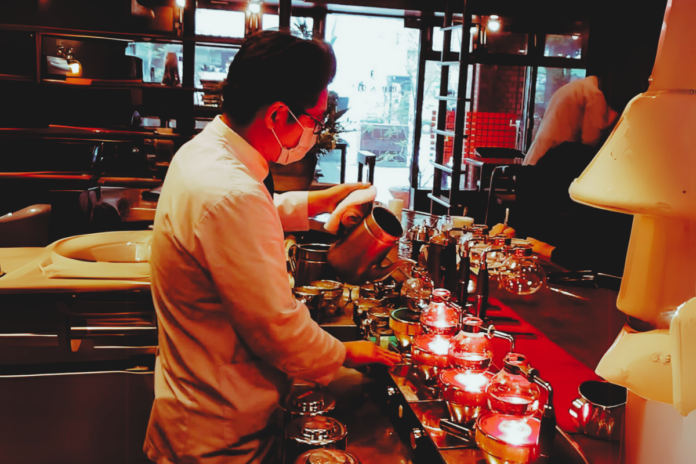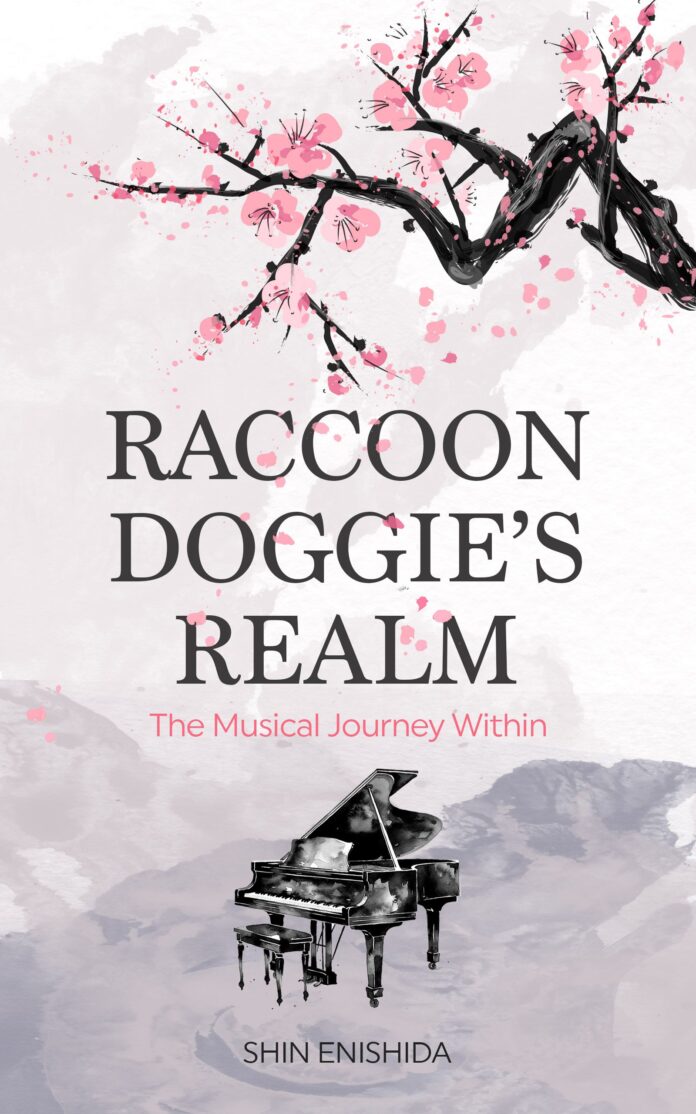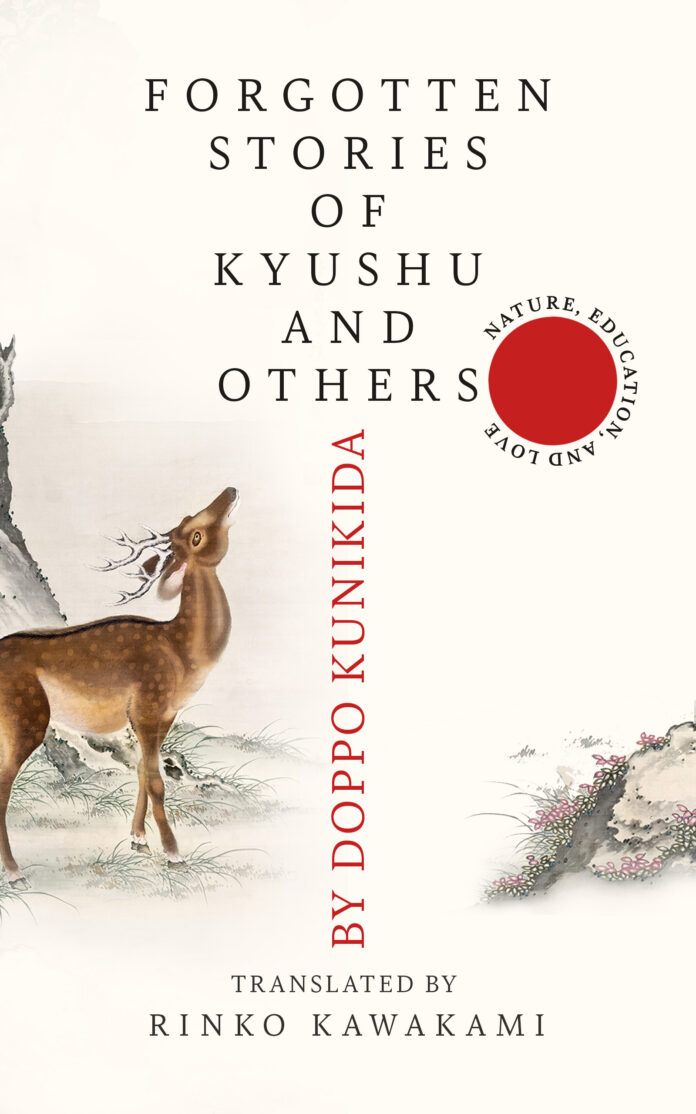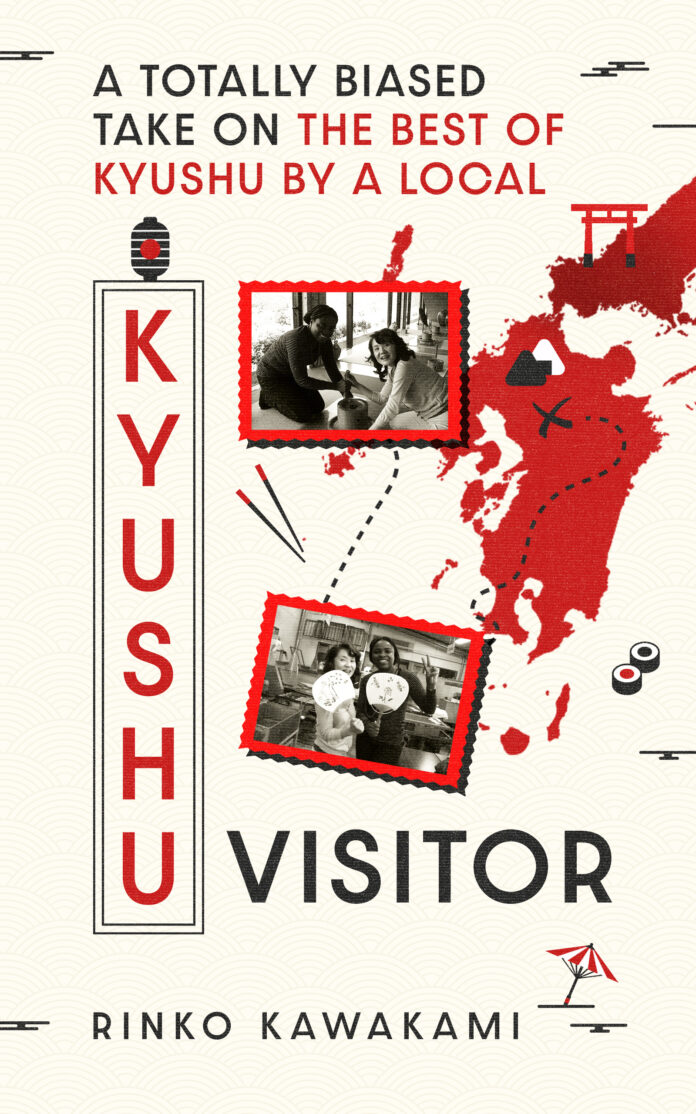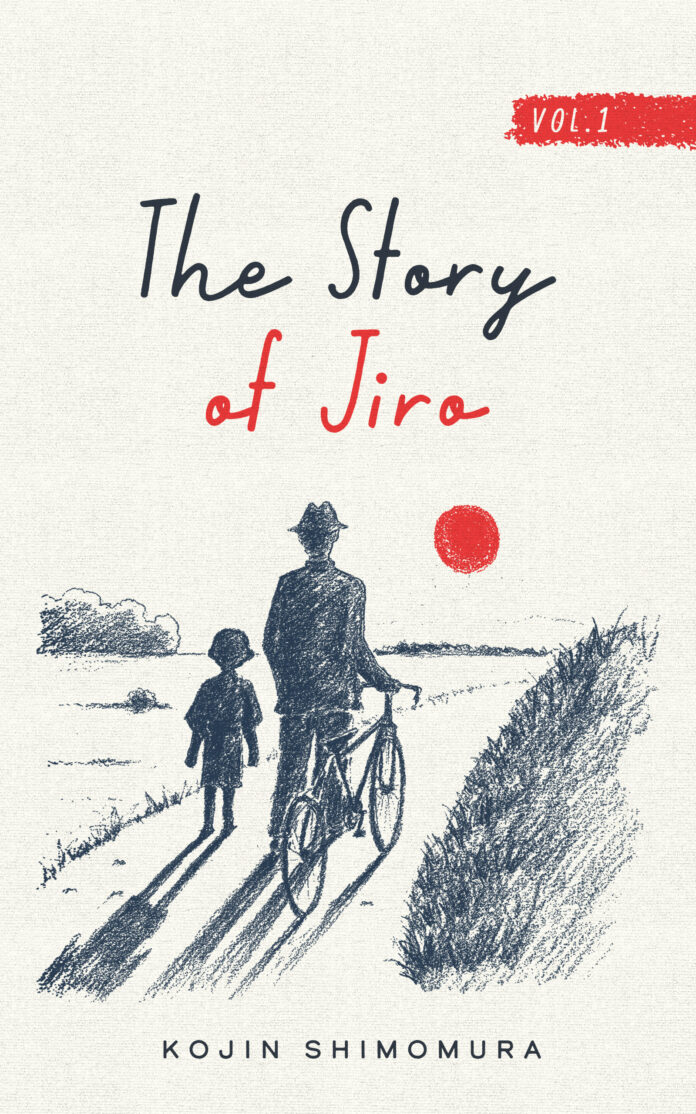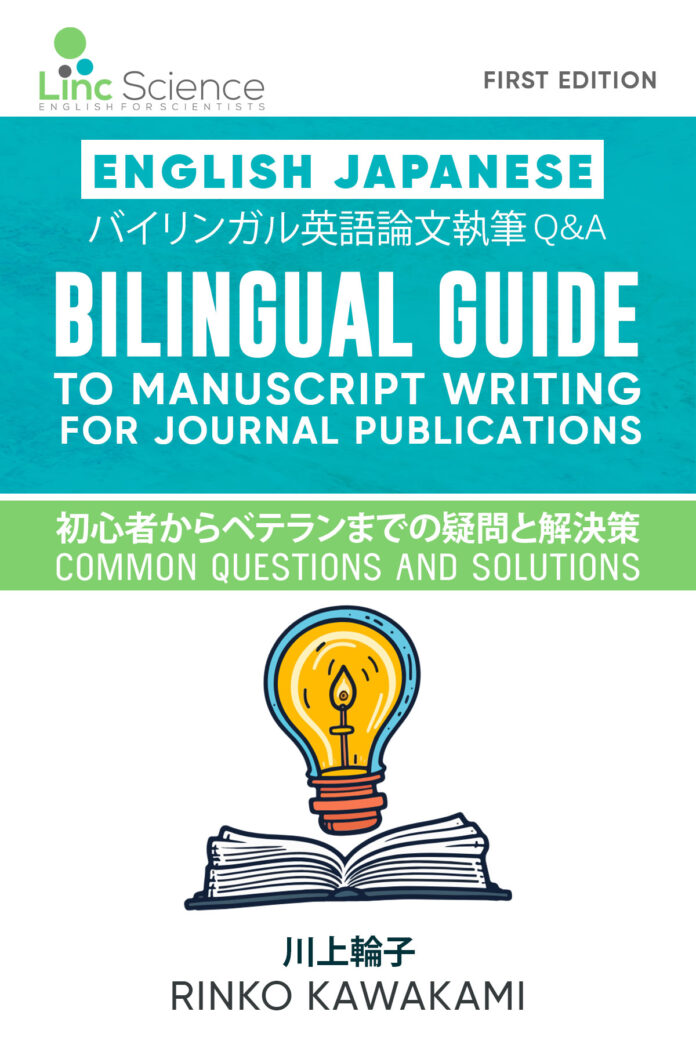Siphon Coffee in Action – A Fascinating Science Experiment Unfolds
Watching siphon-style coffee brew is like witnessing a fascinating science experiment, where hot water travels through the container with vapor pressure in just 2 to 3 minutes—an exciting, visually captivating process, heightened by its speedy momentum and the development of intoxicating aroma.
This siphon coffee style, which uses glass equipment and relies on steam pressure for brewing, is widely believed to have originated in 19th-century Europe. However, the scientific experiment-like style commonly seen in Japan today was perfected and uniquely reinterpreted by Akira Kono (河野彬) in 1925. Known as the “Kounoshikichabi (河野式茶琲) siphon style,” this version became a distinctly Japanese approach to brewing and is now widely recognized as the “Japanese style” of coffee brewing in the world (“Coffee Shops and Coffee,” 2023; UCC Ueshima Co., LTD., 2025).

Watching siphon-style coffee brew is like witnessing a fascinating science experiment.
Soon, You’ll Realize—This Coffee Experience Is Unlike Anything in the West
Indeed, the way aroma and taste develop across varying temperatures is reminiscent of the very Japanese “Dew Drop Tea” I introduced in a different post. Both showcase precise rituals and artisanal mastery, offering the enjoyment of a fleeting moment that develops across stages.
On the surface, drinking siphon coffee at Noda Coffee Shop may seem like a Western-style activity. However, once you step through the door, you’ll quickly realize that the experience is deeply infused with a uniquely Japanese touch, much like savoring Gyokuro tea leaves after enjoying Dew Drop Tea.
As such, I highly recommend visiting Noda Coffee Shop alongside the Hoshino Tea Museum as part of a refined Japanese beverage experience when you visit Fukuoka.
Whether you’re a coffee enthusiast or a tea lover, this journey through Fukuoka’s beverage culture will leave you with a deeper appreciation for Japan’s craftsmanship and attention to detail.
Surely, this will be a fully satisfying experience if you’re particular about the taste of coffee. The siphon brewing method, with its high-temperature, short extraction time, is known for creating a coffee that is free from impurities, while fully bringing out the rich flavors and natural sweetness of the beans. It is widely believed that the higher the quality of the beans, the more their essence is revealed when brewed using the siphon method (Maruyama, 2021; Shinyūsha, 2022).
The Japanese Drink 5.5 Times More Coffee Than Green Tea
You might be surprised to learn that the Japanese actually drink far more coffee than green tea today, and this has been the case since the mid-1970s. According to 2018 data from the All Japan Coffee Association and the National Soft Drink Industry Association, Japan’s coffee consumption was approximately 470,213 tons, whereas green tea consumption was 85,928 tons—almost 5.5 times more (Caron et al., 2021).
Considering this overwhelming Japanese affinity for coffee today, it’s no surprise that Japan has developed a coffee culture of its own—one that includes unique brewing methods like siphon coffee. Noda Coffee Shop is the perfect place to watch, taste, and fully immerse yourself in this fascinating culture.
One of Hakata’s Most Historic and Beloved Coffee Houses
Founded in 1966 in Tsushima Koji, Hakata, the shop is known as one of Hakata’s most historic and long-established coffee houses. Although there are quite a few Noda Coffee locations across Fukuoka, the Daimyo flagship store stands out with its unique and elegant horseshoe-shaped counter, exuding a sense of tradition and charm. The counter features a distinctive indentation, making it the perfect spot to rest your elbow and enjoy the entertaining spectacle of siphon coffee being brewed.
While most coffee shops only offer plain milk alongside coffee, Noda Coffee Shop elevates the experience by offering whipped cream on ice, adding a delightful twist to your coffee-drinking experience. Finally, a variety of Japanese “Showa” style cakes, including Japanese strawberry shortcake and matcha rolls, make this unique experience truly unforgettable.

If you’re unsure what to try, you can’t go wrong with the Noda Pudding Set.
If you’re unsure what to try, you can’t go wrong with the Noda Pudding Set, featuring a luxuriously rich square-shaped pudding made with Kiri cream cheese, paired with Hakata no Hana Strong Blend coffee. According to the staff, the pudding’s deep, creamy flavor perfectly complements the bold intensity of the strong blend, creating a harmonious and indulgent pairing.
In short, Noda Coffee Shop offers not just a cup of coffee, but an immersive journey into Japan’s rich beverage culture, where tradition, craftsmanship, and sensory experience seamlessly blend. Whether you’re a coffee lover or a cultural enthusiast, a visit here promises a truly soul-stirring experience.
Noda Coffee Shop (Daimyo, Fukuoka)
- Address:
1F, Chambord Daimyo, 2-10-1 Daimyo, Chūō-ku, Fukuoka-city
3-minute walk from Akasaka Subway Station
Right next to Chuo Kuyakusho-mae bus stop - Hours:
10:00 AM – 7:00 PM (Last orders at 6:30 PM) - Closed:
Every Wednesday - Smoking:
No Smoking - Phone Number:
+81 92-741-5357 - Website:
https://www.coffee-sya-noda.com/en/
References
Maruyama, K. (2021). The complete coffee bible (Latest version) [最新版 珈琲完全バイブル]. Natsume-sha.
UCC Ueshima Coffee Co., LTD. (2025). The basics of coffee: Siphon edition [コーヒーの基本(2)サイフォン編]. UCC. https://journal.ucc.co.jp/column/3166


